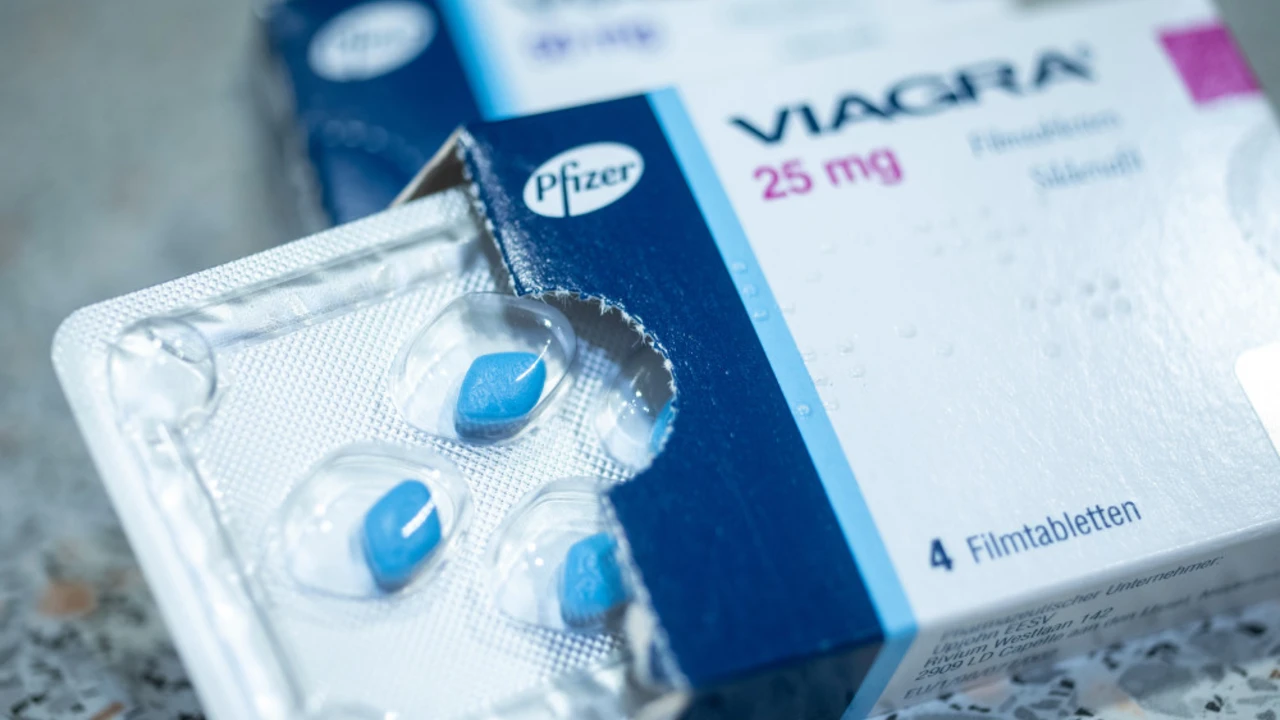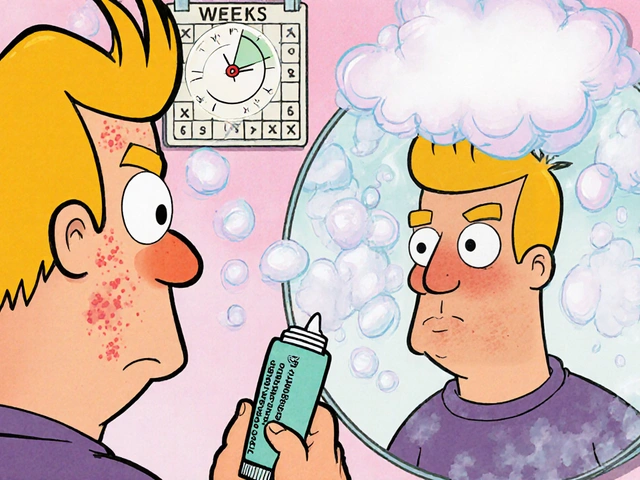Vaginal irritation and lubricants: practical tips from Nov 2023
Ever felt discomfort during sex and wondered if a lubricant could help or make it worse? In November 2023 we published a hands-on guide that explains what commonly causes vaginal irritation and how to use lubricants the right way. This page pulls that advice together so you can act fast and feel better.
What causes irritation? Friction and not enough natural lubrication are the most common culprits during sex. Hormone changes, certain soaps or scented products, condoms or latex sensitivity, recent antibiotic use, and some infections can all cause burning, stinging, or redness. Knowing the likely cause helps you pick the right fix — sometimes a lube, sometimes a check-up.
Types of lubricants matter. Water-based lubes are easy to find, wash off with water, and work with condoms and most toys. Silicone-based lubes last longer and feel slicker; they’re great for water play but can damage some silicone toys. Oil-based products (coconut oil, baby oil) give strong slip but can break latex condoms and trap bacteria, so use them with caution.
Watch the ingredients. If you get yeast infections often, consider avoiding glycerin-heavy formulas — some people find glycerin irritating or linked to yeast growth. Skip scented, warming, or tingling lubes if you have sensitive skin; those additives can sting. Look for pH-balanced and hypoallergenic labels if you’re unsure.
How to choose and use lubricants
Start small: buy a travel-size bottle to test. Patch-test a little on the inner wrist or a small area of genital skin before full use. Apply lubricant to the genitals or the condom — not just inside — and add more as needed. If a lubricant turns sticky or dries quickly, add water-based lube on top to refresh the feel.
If you use condoms, check compatibility: water- and silicone-based lubes are safe with latex; oil-based are not. For sex toys, read the toy’s care instructions; silicone toys can be damaged by silicone lubes. Clean both toys and hands before and after use to reduce infection risk.
When to see a doctor
If irritation lasts beyond a day or two, or if you have unusual discharge, strong odor, bleeding, fever, or severe pain, see a healthcare provider. Recurring irritation needs attention — hormones, infections, or allergens might be involved. Be direct with your provider about products you use; bringing the lube bottle helps them give better advice.
Quick do’s and don’ts: do choose unscented, condom-safe lube for regular use; do communicate with your partner; do test new products first. Don’t keep using a lube that causes burning; don’t mix oil-based lubricants with latex condoms; don’t ignore persistent pain. That’s the practical, useful stuff we covered in November 2023 — short, clear, and ready to try.





